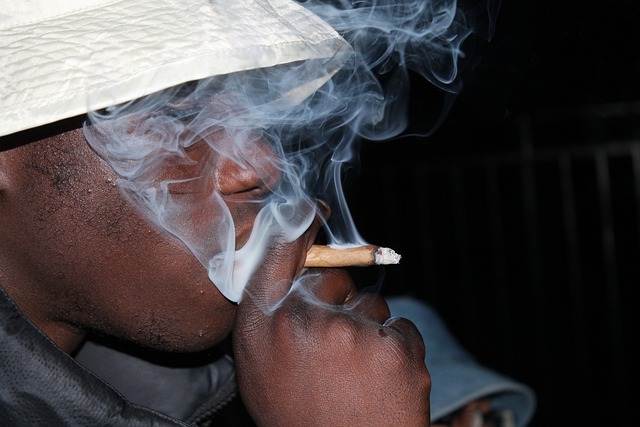Explore the potential connection between heavy marijuana use and an elevated risk of developing bipolar disorder and depression. Discover the findings from recent research studies and gain insights into the importance of responsible cannabis consumption.
Introduction
Marijuana, also known as cannabis, has gained significant attention in recent years due to its increasing legalization for both medicinal and recreational use. While it has been touted for its potential therapeutic benefits, concerns have arisen regarding the potential mental health effects of heavy marijuana use. In this article, we will delve into the possible link between heavy marijuana use and an elevated risk of bipolar disorder and depression. By exploring recent research studies, we aim to shed light on this important topic and emphasize the significance of responsible cannabis consumption.
The Connection between Heavy Marijuana Use and Bipolar Disorder
Bipolar disorder, a chronic mental health condition characterized by extreme mood swings, affects millions of individuals worldwide. Recent studies have shown that heavy marijuana use might contribute to an increased risk of developing bipolar disorder. Although the exact mechanisms are not fully understood, the psychoactive compound in marijuana, tetrahydrocannabinol (THC), is believed to play a crucial role.
Research suggests that heavy marijuana use, especially during adolescence, may disrupt the delicate balance of neurotransmitters in the brain, leading to alterations in mood regulation. THC’s impact on the endocannabinoid system, a complex network of receptors involved in various physiological processes, might further contribute to the development or exacerbation of bipolar symptoms.
The Potential Link to Depression
Depression is another prevalent mental health disorder that affects millions of individuals worldwide. Studies have shown a potential association between heavy marijuana use and an increased risk of developing or worsening symptoms of depression. The exact nature of this relationship is still being explored, but several factors are thought to contribute.
One hypothesis suggests that heavy marijuana use may disrupt the brain’s reward system, leading to a diminished ability to experience pleasure and an increased susceptibility to depressive symptoms. Additionally, cannabis use can impair cognitive function and interfere with the individual’s ability to cope with stress, further exacerbating feelings of sadness and hopelessness.
The Role of Responsible Cannabis Consumption
While research indicates a potential link between heavy marijuana use and an increased risk of bipolar disorder and depression, it’s essential to highlight the importance of responsible cannabis consumption. Moderate use, particularly with strains low in THC and high in cannabidiol (CBD), may offer potential therapeutic benefits without the associated risks.
Responsible cannabis consumption involves understanding and respecting personal limits, using cannabis in appropriate settings, and avoiding heavy or excessive use. Additionally, individuals with a history of bipolar disorder, depression, or other mental health conditions should consult with healthcare professionals before using cannabis as a form of treatment.
Conclusion
The potential link between heavy marijuana use and an elevated risk of bipolar disorder and depression is a topic of growing concern in the field of mental health. While further research is necessary to fully understand the complex relationship between cannabis use and these conditions, existing studies suggest a possible connection. Responsible cannabis consumption and informed decision-making are crucial for minimizing potential risks and maximizing potential benefits. By staying informed and seeking professional advice, individuals can make informed choices regarding their cannabis use and prioritize their mental well-being.











